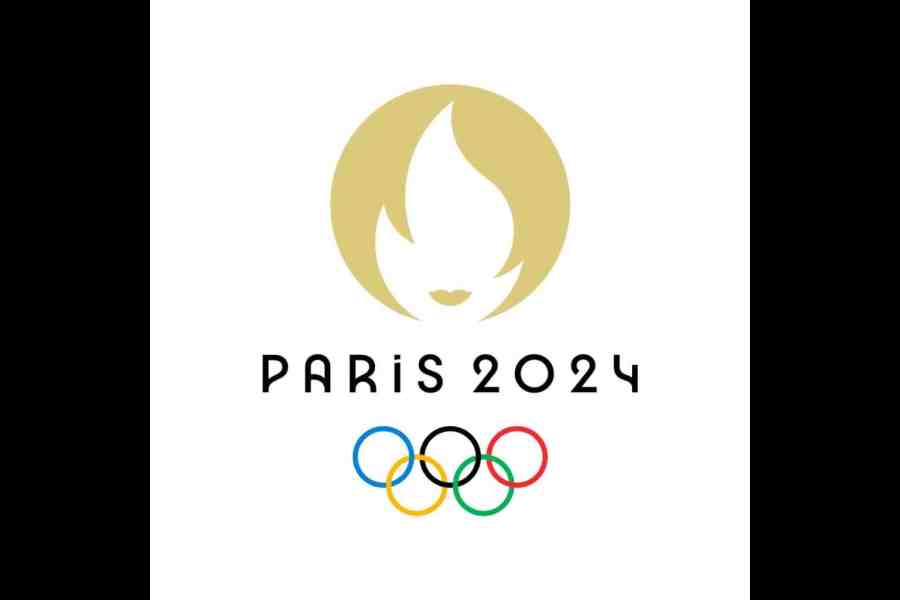We all know about the Olympics. But do many of us know what Olympism is? Officially, it is described as a philosophy of life, which unites the body, will and mind in a balanced whole. In simpler terms, it is the quality of upholding human values and humanity through sport. The three values of Olympism are excellence, respect and friendship. There are numerous instances of these qualities being upheld at the Olympic Games to champion the Olympic spirit. We look at some such stories...
Advice & adversity
History has remembered Jesse Owens’ defiant four-gold performance at the 1936 Berlin Games. But we don’t talk enough about Luz Long. Long was a German long-jumper, a six-time national champion. In the preliminary round of long jump in Berlin, Owens fouled his first two jumps. The American sat dejected as another foul jump in his third and final attempt would send him out of the competition.
The story goes that Long, a gold-medal contender himself, then walked up to Owens and advised him to jump from a few inches before the take-off board to rule out the risk of fouling again. Owens did so, reached the finals and took the gold as well. Long finished with a silver. There have been debates about the authenticity of the story, but pictures of Long being the first to congratulate Owens after his victory and the German and the American walking arm in arm after the competition need no validation. That act, in front of Adolf Hitler, was quite a statement.
“It took a lot of courage for him (Long) to befriend me in front of Hitler,” Owens had said. Not just friendship, it was an act arising out of respect and camaraderie for a fellow athlete, defying all adversities.
Rise, and finish it
It is easy to give up, but that’s not what the Olympics is all about. Ask Derek Redmond. Redmond was a British runner and he was quite good at it. But injuries frustrated Redmond all his career. He withdrew from the 400m heats at 1988 Seoul Games just minutes prior to the race.
A British record holder, Redmond had invested all his hopes in the 1992 Barcelona Games. But in the 400m semi-finals, with about half the course still to be covered, Redmond tore his hamstring and collapsed. His world must have come crashing down when he saw the stretcher-bearers approaching him. All was over. Or was it? Redmond jumped up and resumed his race, hobbling towards the finishing line despite grimacing in pain. As he limped towards his target, threatening to collapse any time, someone ran out of the stands and joined him on the track. It was Jim, Redmond’s father. Jim helped Redmond complete the race, though he let go of his son just before the finish line so that he could do it on his own.
An amazing story of determination was scripted. The packed stadium of 65,000 people gave the father-son duo a standing ovation. Excellence is not just about winning.
One from the vault
The Olympics provide an athlete with the perfect stage to portray human values even while excelling at sporting challenges. Japan’s Sueo Oe and Shuhei Nishida perhaps understood it best and their act is forever etched in Olympic history.
At the 1936 Berlin Olympics, the Japanese duo competed as pole vaulters. The gold position was already secured by USA’s Earle Meadows and the two Japanese, along with another American, Bill Sefton, were in a three-way tie for the second place. In the resultant jump-off, Sefton failed to clear his attempt, but the Japanese pair was successful. However, both were once again
tied. But Oe and Nishida, both students and friends, refused to go for another jump-off to decide who would get the silver and who the bronze. Nishida was given the silver as he had cleared his last height in his first attempt, while Oe needed two attempts. But this arrangement was not to the liking of the Japanese. After returning to their country, they got their medals cut in half and then fused half of silver with half of bronze to make two hybrid medals. The medals came to be known as “The Medals of Friendship”. No points for guessing why.











